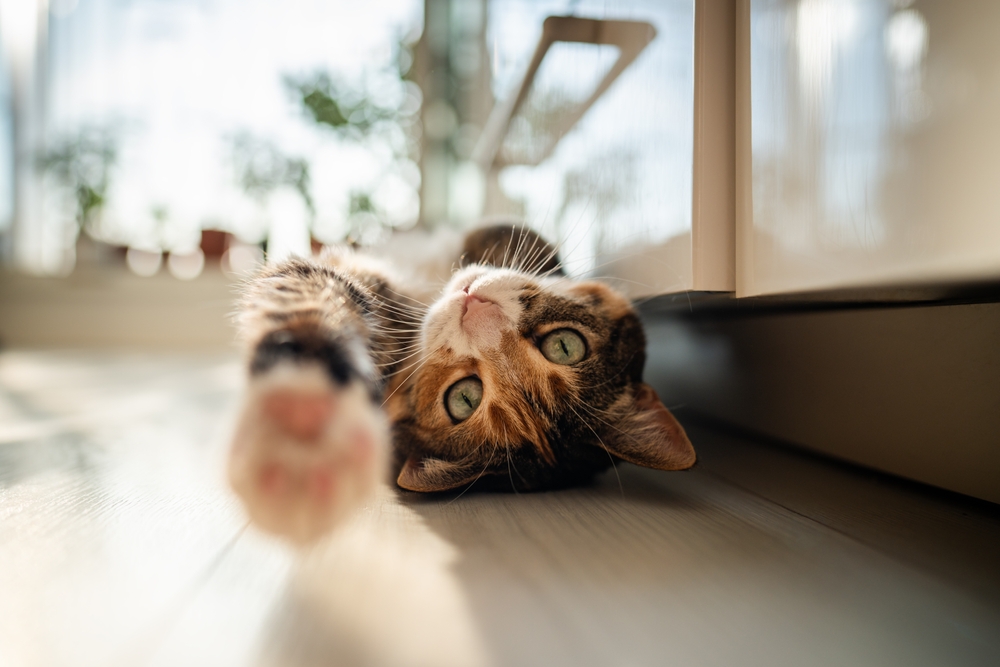Source: The Conversation
Emerging research shows that cats, despite their reputation for independence, form deep bonds with humans through oxytocin, the “love hormone.” This neurochemical, known for fostering trust, reducing stress, and strengthening social ties in humans and dogs, is also released during affectionate cat-human interactions. Studies reveal that gentle petting, cuddling, and even listening to a cat’s purr trigger oxytocin surges in both cats and their owners, lowering cortisol and promoting calmness.
However, the effect depends on the cat’s attachment style: securely bonded cats show strong oxytocin boosts, while avoidant or anxious cats may experience drops if handled forcefully. Unlike dogs, which evolved as pack animals highly attuned to human signals, cats’ solitary ancestry means their bonding behaviors are subtler, expressed through slow blinks, nudges, or lap-sitting. Though cats generally show smaller oxytocin spikes than dogs, their companionship still provides measurable comfort, stress relief, and emotional support—proving their love is quiet but profound.
Read the full story HERE: https://theconversation.com/what-owning-a-cat-does-to-your-brain-and-theirs-264396

